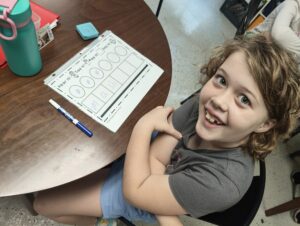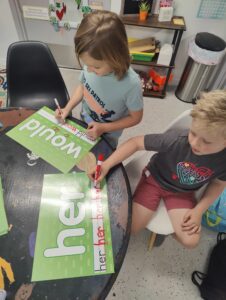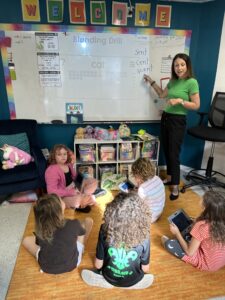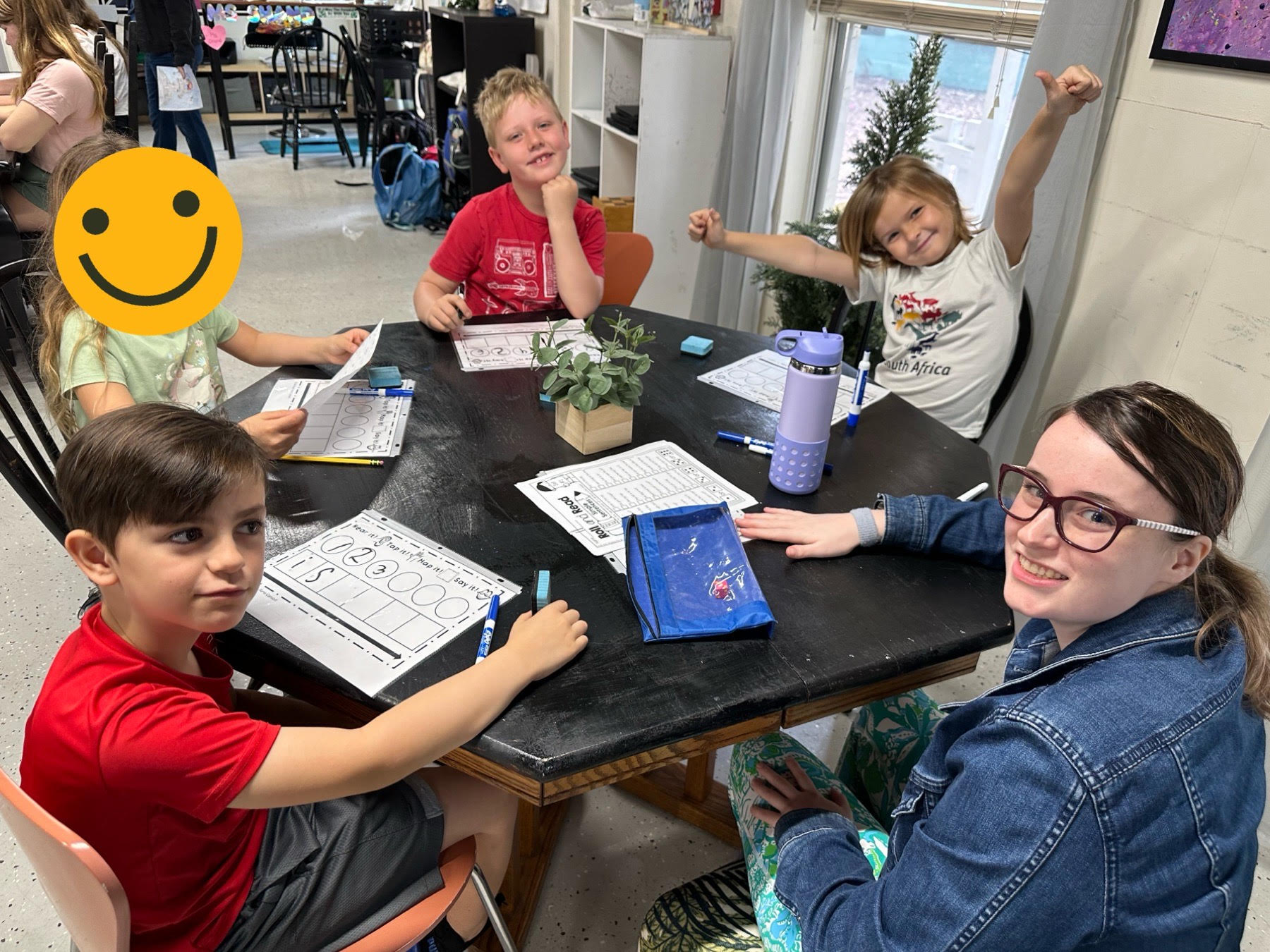In the vast world of childhood education, few skills hold as much promise and power as the ability to read. For younger readers, the journey into the world of literacy is not just about decoding words on a page; it’s about unlocking a universe of knowledge, imagination, and possibility. However, not all roads to reading proficiency are created equal. Enter the science of reading—a comprehensive, evidence-based approach backed by research and designed to equip educators with the tools needed to foster strong literacy skills in young learners.
The science of reading is not merely a set of abstract principles; it’s decades worth of empirical evidence about how children learn to read. At its core, this science emphasizes the crucial role of phonemic awareness, phonics, fluency, vocabulary, and comprehension—the foundational pillars upon which proficient reading is built. The teachers at Indi-ED understand the interplay between these components is key to nurturing confident and capable readers from an early age.
At Indi-ED, our youngest students begin their reading journey by exploring phonemic awareness and phonics, the relationship between sounds and words. We know that mastery of phonics enables young readers to decode unfamiliar words with ease, empowering them to tackle increasingly complex texts. Just as much attention is given to building fluency, which is characterized by smooth and expressive reading, which enhances comprehension by freeing cognitive resources for deeper understanding. Additionally, students are exposed to rich vocabulary through a wide range of literature to enrich comprehension and expand our students’ cognitive horizons.
A few of the areas that are necessary to key in on and a few strategies to do so:




Utilizing methods backed by the science of reading shows that Indi-ED understands the importance of explicit, systematic instruction that scaffolds learning, ensuring that every one of our students receives the support they need to succeed from day one at our school.
But the impact of the science of reading extends far beyond the classroom walls. Proficient reading is a gateway to academic achievement, social mobility, and lifelong learning. Children who develop strong literacy skills early in life are better equipped to excel across all subject areas, paving the way for future success in school and beyond. Moreover, a robust foundation in reading opens doors to a world of knowledge, fostering a love of learning that transcends boundaries and empowers children to fulfill their potential.
In a rapidly changing world where information is abundant and literacy is more critical than ever, the science of reading stands as a beacon of hope for readers. Indi-ED students receive a robust foundation in reading that will open doors to a world of knowledge, fostering a love of learning that transcends boundaries and empowers our children to fulfill their greatest potential.


